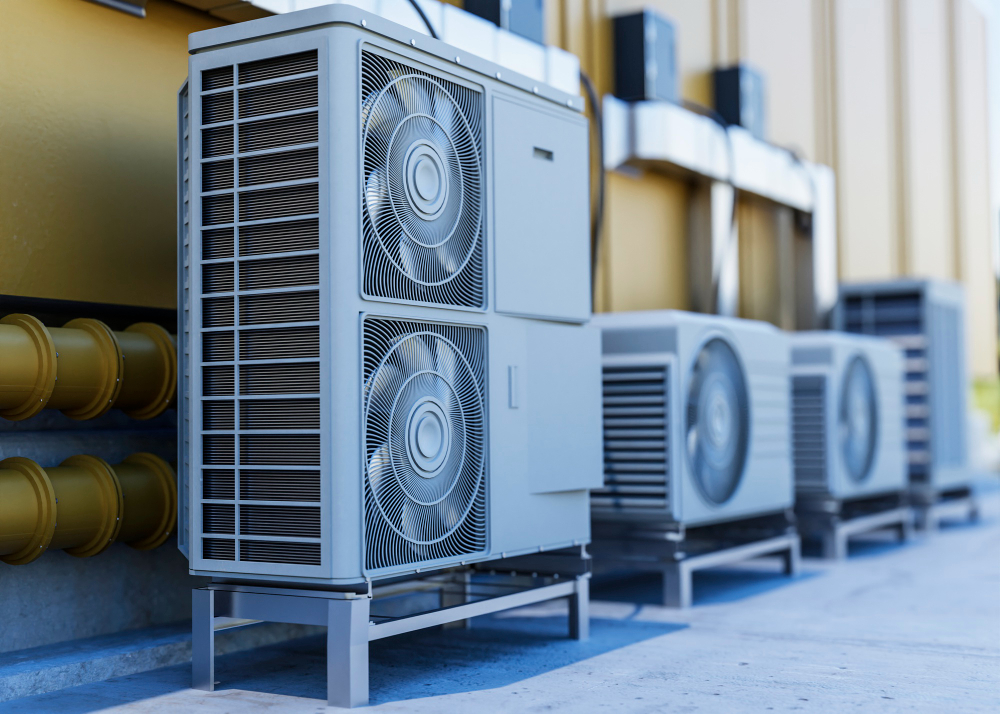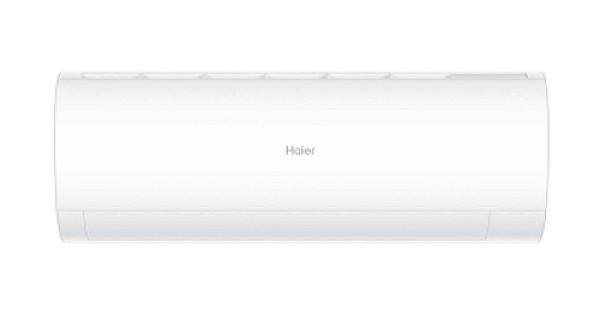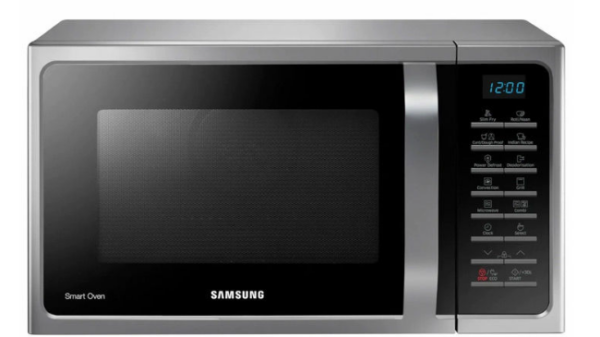When shopping for a new air conditioner, you may come across a term called “SEER rating.” But what does it mean, and why is it important? SEER stands for Seasonal Energy Efficiency Ratio, and it measures the energy efficiency of an air conditioner. In this article, we will explore SEER ratings in detail, helping you understand their significance and how they can impact your cooling costs and comfort. By the end, you’ll have the knowledge to make an informed decision when choosing an air conditioner with the right SEER rating for your home.
What is a SEER Rating?
Definition and Calculation
SEER rating is a numerical value that represents the cooling output of an air conditioner divided by the energy it consumes over a typical cooling season. It is calculated by dividing the total cooling output (measured in British Thermal Units or BTUs) by the total energy input (measured in watt-hours) during the same period.
The Higher, the Better
In general, a higher SEER rating indicates greater energy efficiency. Air conditioners with higher SEER ratings require less energy to provide the same cooling output as units with lower SEER ratings. This means that a higher SEER-rated air conditioner can potentially lower your energy bills and reduce your carbon footprint.
Understanding SEER Rating Ranges
Minimum SEER Standards
In the United States, air conditioners must meet minimum SEER standards set by the Department of Energy (DOE). As of 2023, the minimum SEER rating for split system air conditioners is 14. This means that any air conditioner you purchase must have a SEER rating of 14 or higher.
SEER Rating Ranges
SEER ratings can range from 14 to over 25 for high-efficiency models. Common SEER ranges include:
– Standard Efficiency: 14-15 SEER
– Mid-Efficiency: 16-18 SEER
– High-Efficiency: 19-25+ SEER
Benefits of Higher SEER Ratings
Increased Energy Efficiency
Air conditioners with higher SEER ratings can significantly reduce your energy consumption. The energy savings can translate into lower utility bills, especially during the peak cooling months.
Environmental Impact
Higher SEER-rated air conditioners consume less energy, leading to a reduced carbon footprint. By choosing a higher SEER-rated unit, you contribute to a greener and more sustainable environment.
Considerations When Choosing a SEER Rating
Cost vs. Savings
While higher SEER-rated air conditioners provide greater energy savings, they often come with a higher upfront cost. It’s important to consider your budget, anticipated energy savings, and the payback period to determine the most cost-effective choice for your situation.
Climate and Usage Patterns
SEER ratings are based on standardized test conditions. It’s crucial to consider your local climate and usage patterns. If you live in a region with hot summers, opting for a higher SEER-rated unit may offer more benefits. However, if you have mild summers or shorter cooling seasons, a lower SEER rating might be sufficient.
Understanding SEER ratings is essential when selecting an air conditioner for your home. Higher SEER-rated units provide increased energy efficiency and potential cost savings over time. However, it’s important to consider factors such as upfront costs, climate, and usage patterns to determine the most suitable SEER rating for your specific needs.
FAQs (Frequently Asked Questions):
-
What does SEER stand for?
SEER stands for Seasonal Energy Efficiency Ratio.
-
How is SEER rating calculated?
SEER rating is calculated by dividing the total cooling output of an air conditioner (measured in BTUs) by the total energy input (measured in watt-hours) during a typical cooling season.
-
What is the minimum SEER rating required for air conditioners?
As of 2023, the minimum SEER rating required for air conditioners in the United States is 14.
-
Are higher SEER-rated air conditioners always better?
Higher SEER-rated air conditioners are generally more energy-efficient and can provide greater cost savings over time. However, the suitability of a higher SEER-rated unit depends on factors such as upfront cost, climate, and usage patterns.
-
How much money can I save with a higher SEER-rated air conditioner?
The exact amount of money you can save with a higher SEER-rated air conditioner depends on various factors such as your current energy consumption, local energy rates, and the efficiency of the unit you choose. On average, upgrading from a lower SEER-rated unit to a higher one can result in energy savings of 20% to 40%.
-
Can I upgrade my existing air conditioner to a higher SEER-rated unit?
In some cases, it is possible to upgrade an existing air conditioner to a higher SEER-rated unit. However, it is recommended to consult with a professional HVAC technician to assess the compatibility and feasibility of such an upgrade.
-
Do higher SEER-rated air conditioners cool better?
Higher SEER-rated air conditioners do not necessarily cool better than lower SEER-rated units. The SEER rating primarily indicates the energy efficiency of the unit. Cooling performance is influenced by various factors, including the unit’s size, proper installation, and maintenance.
-
Are there any rebates or incentives available for high SEER-rated air conditioners?
Yes, there may be rebates, incentives, or tax credits available for purchasing and installing high SEER-rated air conditioners. These programs vary by location and can be offered by utility companies, government entities, or environmental organizations. It’s recommended to check with local authorities or consult an HVAC professional to explore available incentives.
-
Does a higher SEER rating mean a noisier air conditioner?
The SEER rating of an air conditioner is not directly correlated with its noise level. Noise levels are determined by factors such as the design, insulation, and quality of the specific air conditioner model. When choosing an air conditioner, it’s best to consider noise ratings or consult with professionals for quieter options.
-
How can Pickaboo assist me in choosing an air conditioner with the right SEER rating?
Pickaboo can assist you by providing expert guidance and recommendations based on your specific needs, budget, and the climate in your area. They can help you choose an air conditioner with the appropriate SEER rating to maximize energy efficiency and cooling performance.







